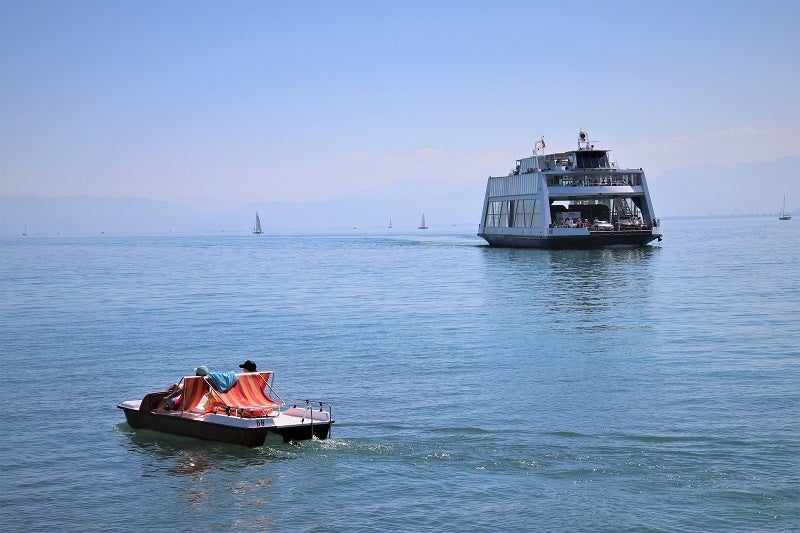
Turkey-based Cemre Shipyard has secured an order from Danish ferry company Scandlines to construct a zero-emission freight ferry for the Puttgarden-Rødby course.
Expected to commence services in 2024, the new ferry will have a length of 147.4m, breadth of 25.4m and design draft of 5.3m.
The ferry will have a capacity of 66 freight units, marking a 23% rise from the existing capacity on the route, and will accommodate 140 passengers.
It will be able to sail at a service speed of 18 knots.
Similar to the existing passenger ferries on the Scandlines routes between Denmark and Germany, the new vessel will have the ability to function as a hybrid ferry.
It will also be identical to the ferries sailing on the Rostock-Gedser route, allowing it to carry lorries on the upper and lower decks.
How well do you really know your competitors?
Access the most comprehensive Company Profiles on the market, powered by GlobalData. Save hours of research. Gain competitive edge.

Thank you!
Your download email will arrive shortly
Not ready to buy yet? Download a free sample
We are confident about the unique quality of our Company Profiles. However, we want you to make the most beneficial decision for your business, so we offer a free sample that you can download by submitting the below form
By GlobalDataAs a result, berth three in Rødby and berth one in Puttgarden will be reconstructed for loading lorries on the upper deck.
Furthermore, a new lorry storage zone will be created at the Puttgarden terminal.
Scandlines will replace the M/V Holger Danske and M/V Kronprins Frederik, which are the two oldest vessels in its fleet.
Scandlines CEO Carsten Nørland said: “With the added capacity, we will be able to meet the increasing need from freight customers. In 2021, the number of freight units has already increased by 12%.”
At first, the new green ferry will be charged exclusively in Rødby.
In 2019, the company made an investment in a 50kV/25MW power cable to Færgevej in Rødbyhavn.
Now, this cable will be elongated to the ferry berths, along with the deployment of a charging station and transformer.
In the future, the aim is to install a charging station in Puttgarden as well.
The ferry’s modular construction will enable the company to also modify the vessel to carry cars.







